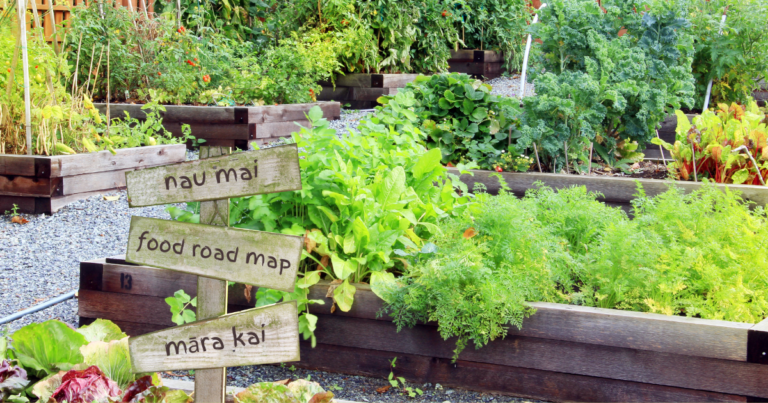The research team conducted a comprehensive study to improve the Ka Ora Ka Ako programme in several categories. The aim was to identify the most effective approaches to addressing food insecurity and promoting sustainable food systems in the Hawke’s Bay region. Click on the links below to find out more about each category:
Modelling
Policy Pathways
Value for Investment
Impact Evaluation
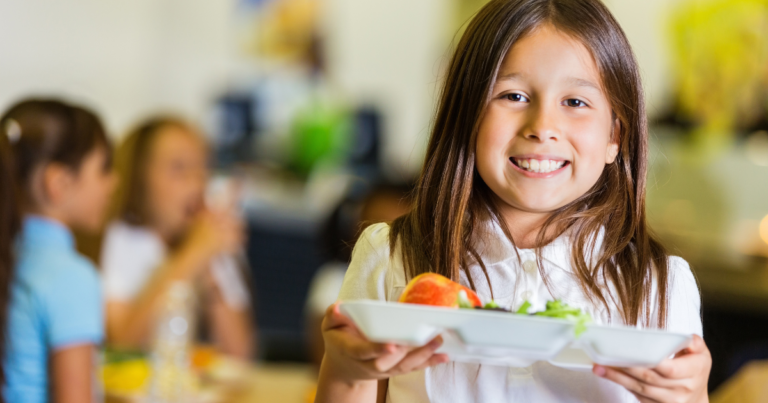
In 2020, Nourishing Hawke’s Bay completed a baseline regional survey of student health and wellbeing, involving 43 schools with Year 5 and 9 tamariki and rangatahi. Early Learning Services and primary and secondary schools’ food environments were also surveyed using the School Food Environment Review and Support Tool (FERST).
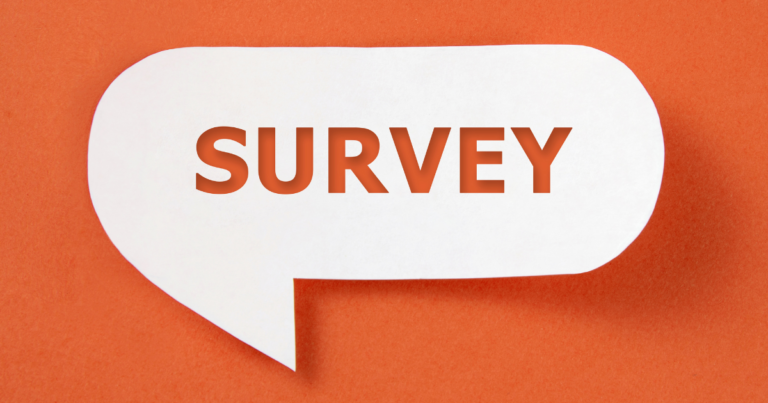
Nourishing Hawke’s Bay recognised the vital importance of empowering rangatahi (youth) with holistic eating and wellbeing guidelines. While the Ministry of Health provided a foundation with New Zealand guidelines for children’s healthy eating and activity, there were significant gaps. Mātauranga Māori wasn’t embedded, sustainability was often overlooked, and messages failed to resonate deeply with youth.
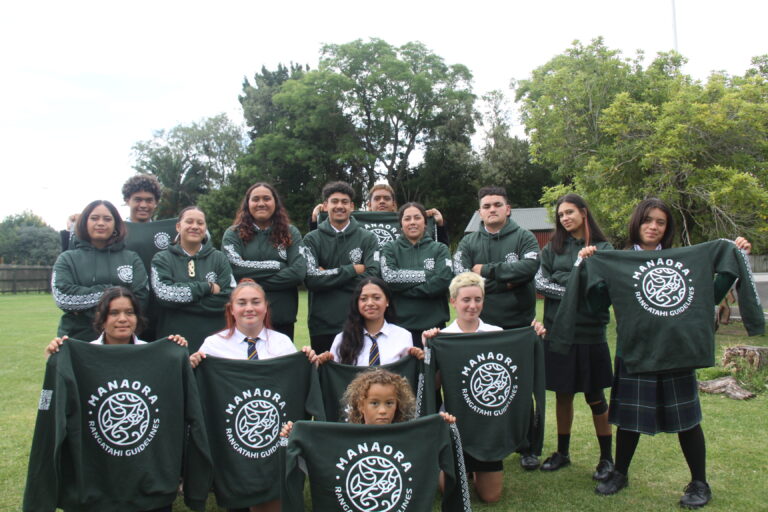
Mātauranga Māori has been recognised as a key component for Māori students to achieve success in schools. Until now, its impact on food security and nutritional wellbeing among school children had not been explored. This study aimed to understand how select schools in Hawke’s Bay were incorporating mātauranga Māori into their environments to support kai, food security, hauora, and learning for tamariki.
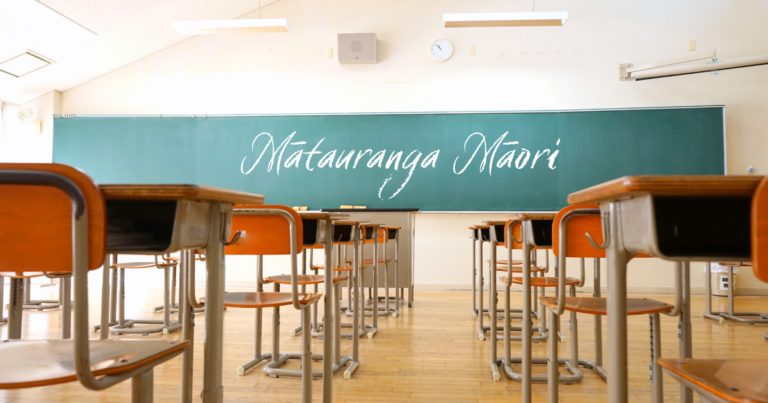
He Kai Oranga was an equity response initiative aimed at improving nutrition and wellbeing for Māori with chronic health conditions in the Hawke’s Bay community. This programme, part of a wider open-access clinic funded by HBDHB (now Te Whatu Ora), was designed to address inequities in access to primary healthcare services. It utilised a kaupapa Māori approach, emphasising the importance of mātauranga Māori, whānau engagement, and traditional kai. The programme successfully implemented community-based health initiatives that supported sustainable change and enhanced wellbeing.
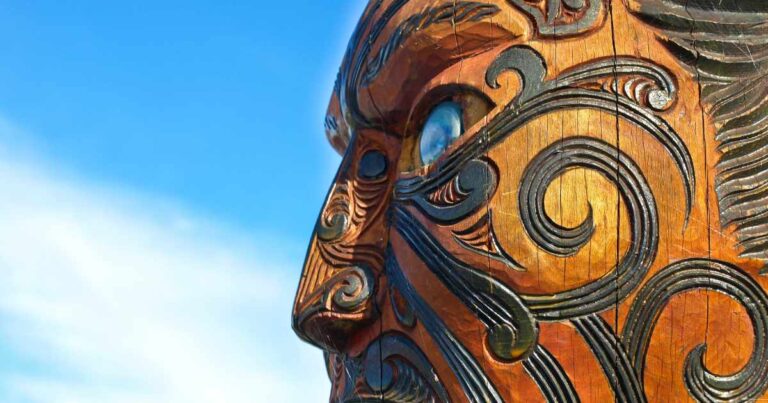
A programme was designed for individuals actively working in communities and public sector organisations, including service providers, consultants, advocates, and researchers. This course required no prior knowledge, only an interest in collaborating to combine knowledge from both system sciences and mātauranga Māori. The 2023 Systems Thinking, Mātauranga Māori, System Change Training Course was highly successful and fully booked. Participants gained practical methods and tools, enhancing their ability to design and run ‘system change’ projects incorporating mātauranga Māori. Dr. David Rees, supported by Professor David Tipene-Leach and Professor Boyd Swinburn, led this impactful programme.
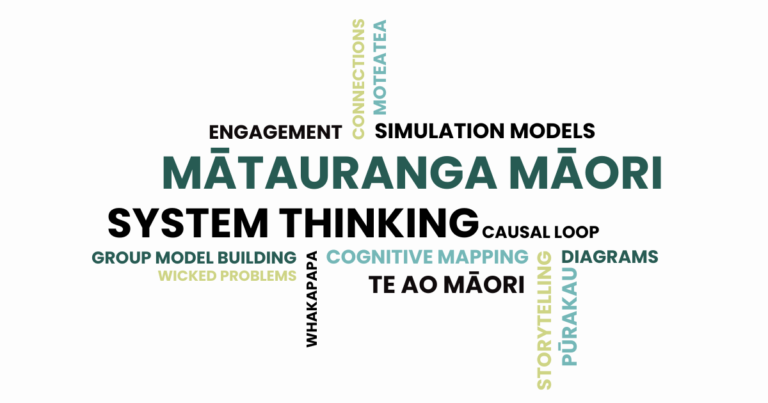
The Food Road Map project successfully developed a regional food system map and a collective action plan, integrating mātauranga Māori-based food sovereignty principles to enhance food security for whānau Māori. By mapping the food system in Hawke’s Bay, the project identified key barriers and opportunities for improving food security, health, social equity, and sustainable environments. Community groups and stakeholders were actively involved, blending Western and Māori knowledge to reconnect whānau to kai and the whenua in a mana-enhancing fashion.
